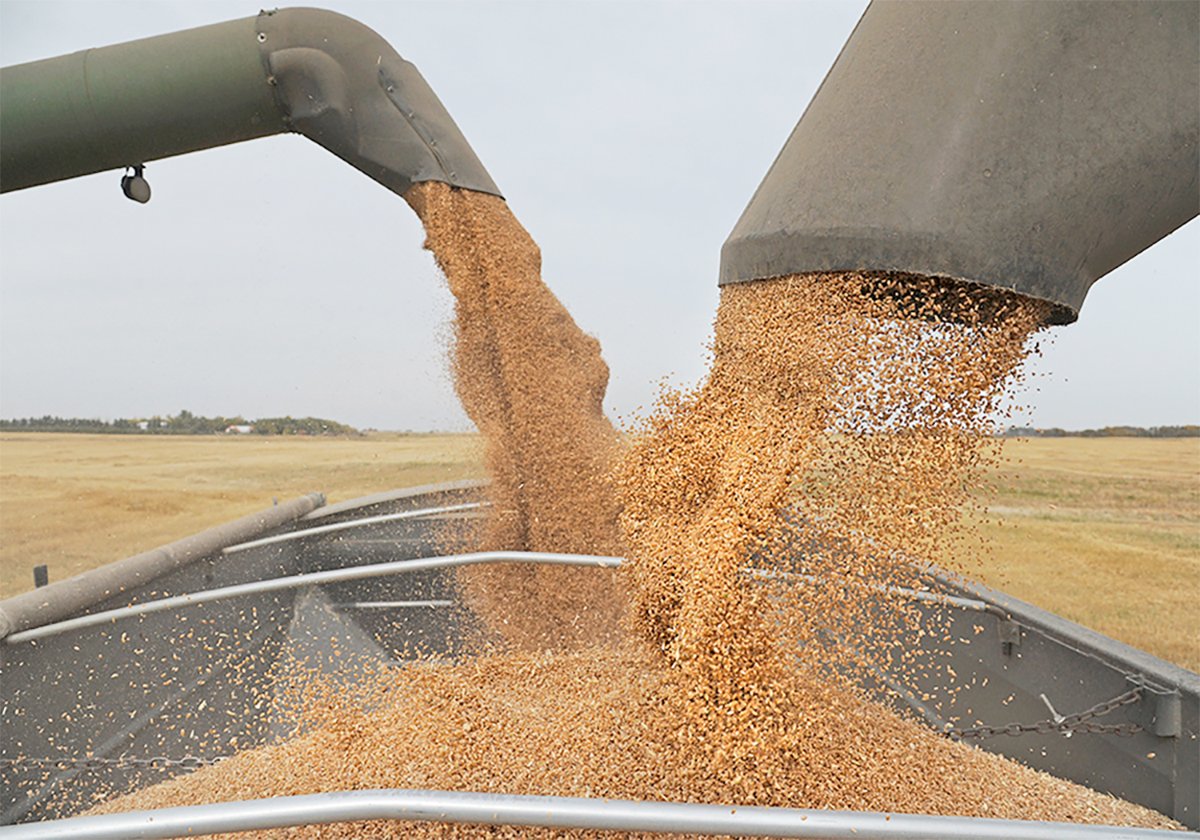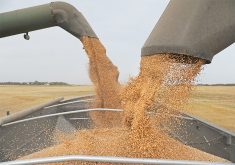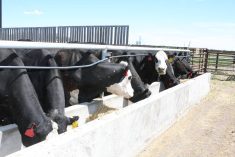McNary is a parent from Tompkins, Sask.
Once there was a farmer who had a profitable farm he had built over many years of backbreaking labour and frugal living.
He was careful to look after his fields and feed his cows well. Each year he saved several heifer calves and added to his herd and improved his land. As he neared retirement, his barns were in good shape, his cows were fat and produced lots of milk, and each one had a healthy calf every year. His fields produced good crops and his bank account was full.
Read Also

Agriculture productivity can be increased with little or no cost
There’s a way to enhance agricultural productivity with little or no cost. It doesn’t even require a bunch of legislative changes.
This man passed his farm to his sons, who had never had to do without and did not know the value of a dollar. They began to spend more money on travel and leisure, and had to cut back on crop inputs to save money.
Before long, their fields were not producing enough to feed the cows. It cost too much to buy good feed and they wanted to build new homes in town, so they cut back on the feed. Soon their cows were thin and not producing much milk. Some did not have calves and dried up.
The sons decided that to maintain their incomes they would have to sell some cows and not keep calves.
After a while all the cows were too old to produce milk and they were sold. There were no heifers to take their place so the barns were left empty. With no cows to feed, the sons could see no sense in spending money to put up feed and work the fields, so the fields grew back to weeds. Soon the farm’s bank account was empty, and there was nothing left on the farm to sell to raise money.
The sons began to wonder why there was no income. All the time they were growing up this farm had supported them and there had always been plenty. They wondered what had happened.
This is a picture of what we are experiencing in rural Saskatchewan today. We are at the same stage in this scenario as the sons when they began to kill the cows.
Rural Saskatchewan has been milked dry for many years without putting enough back into it. It is bearing an exorbitant amount of the taxation in return for minimal or nonexistent services and is unable to survive under the demands.
The workforce has become too old to keep going, and too few young people have stayed back at home. As the homes empty, whole communities are slipping into decay. Once they are too far gone to be milked for taxes, they are quietly put to death by the government. This is done by closing all essential services such as hospitals, schools, post offices, police stations and roads. The ability of the province to generate new growth disappears, the value of real estate declines and soon the bank account will be as empty as the towns.
The latest brainwave of the government is that closing more than 50 rural schools is going to be good for Saskatchewan. This is like ceasing to feed the cows in hopes they will become more profitable. It leads to a decreasing rural population, a resulting loss in tax money and declining value of taxable assets.
This government and even the local government in the smaller cities in Saskatchewan seem to think that if people leave rural areas and small towns, they will move to the larger centres that will benefit. We only need to cross the border into Alberta to see this is not so.
Today I was at a machinery dealership in Medicine Hat and the first three people I talked to were all born and raised in rural Saskatchewan. Most of the employees there were from rural Saskatchewan.
These people all left because there was no future for them staying where they were, and they did not move to the larger centres within Saskatchewan. As I looked at the rapid growth in that area, I could see what we could have here if we did not have such shortsighted leadership.
If our economy was being stimulated by growth initiatives, rather than being gutted by high taxes and loss of services, we would be able to keep our young people, and Saskatchewan would grow rather than shrivel.
Talk of labour retention and attraction brings derisive laughter in rural Saskatchewan, where we are being robbed of what it will take to attract and retain not only new labour, but also our own kids.
Talk of rural revitalization is hollow to those who are watching their families, communities, towns and municipalities being starved by a government that either doesn’t know or doesn’t care what it is really doing to this province.
Before the last rural cow is milked dry and put to death, can we try once more to make this government see reason, and stand up for our communities who are trying to stop school closures?
This affects all residents of Saskatchewan, not just those in communities that are losing their school. When one community loses, we all lose.














